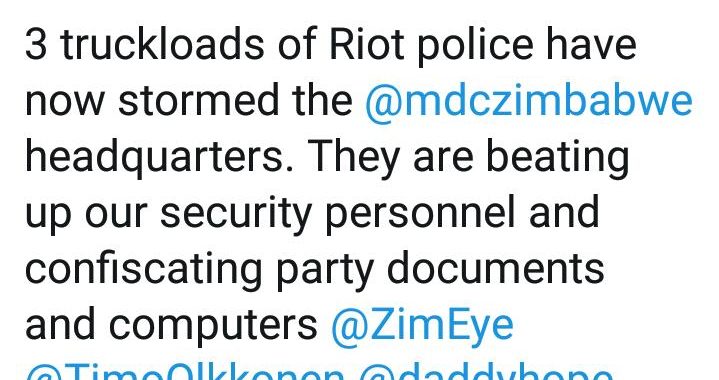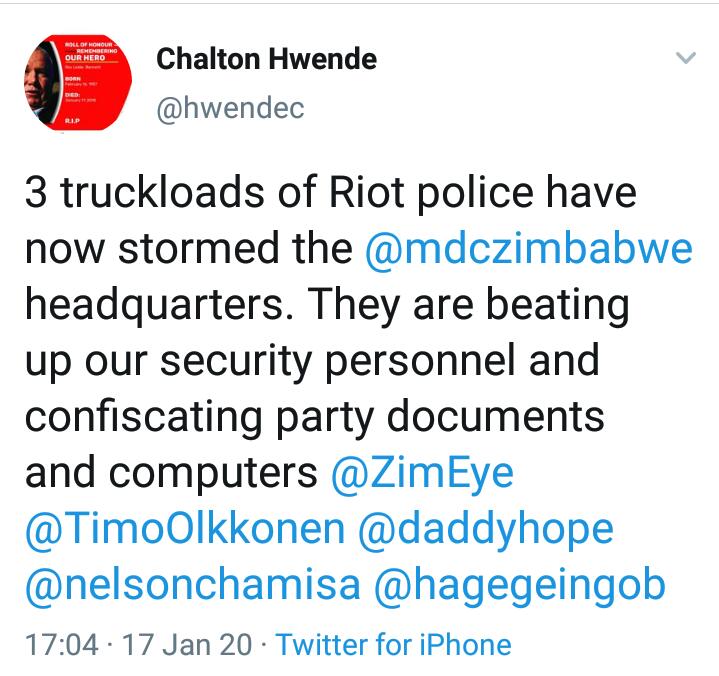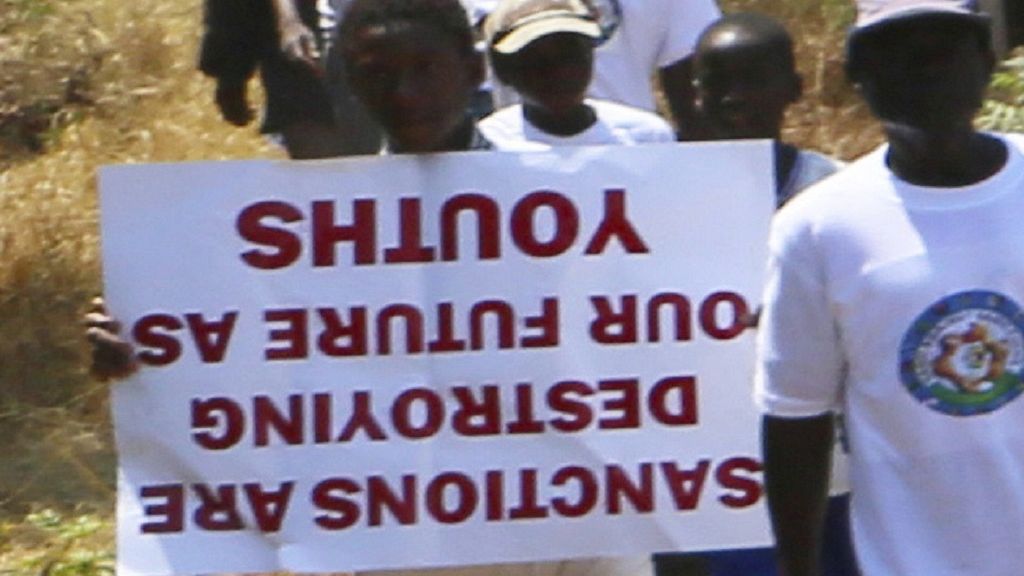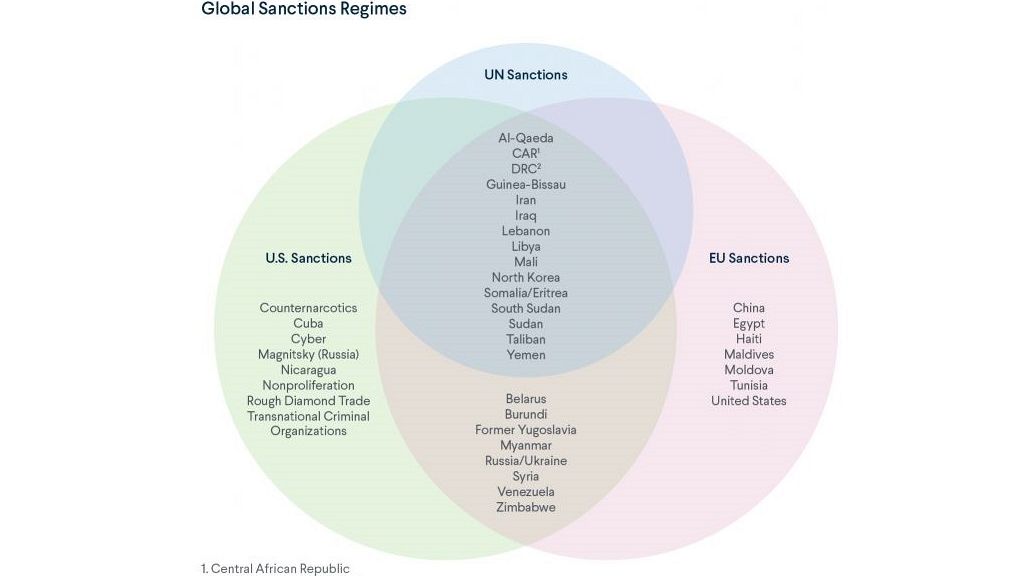“Give me my check, put some respect on my check / Or pay me in equity / Watch me reverse out of debt.” — Beyoncé
This week, I had the opportunity to catch up with Rukayatu Tijani, a former Quinn Emanuel associate and recent law firm founder. I first met Tijani a few years ago while serving on the Pipeline to Practice Foundation board.
Last November, Tijani decided to embark on the journey of entrepreneurship and founded Firm for the Culture. In accordance with my New Year’s resolution — of speaking with more attorneys on the trials, tribulations, and triumphs of their legal journeys — I was thrilled with the opportunity to cover Tijani’s journey from Brooklyn to the Valley, and from law school to entrepreneurship, for our audience.
Tijani’s passion and purpose are evident to anyone who has met or has been represented by her. And her advice to those who are thinking about Biglaw or hanging their own shingle is both inspiring and instructive. As she recently relayed to Pipeline to Practice:
In the projects of Brooklyn, New York, you quickly grow accustomed to choosing your battles. Some battles, frankly, can get you killed — speaking back to the wrong group of folks can set you up to become a target. So you learn to pick your words and actions wisely. This practical wisdom has helped me immensely as an attorney. In the high stakes world of litigation, every interaction with opposing counsel seems like a battle you want to fight to the death. But the most skilled lawyers know when to fight and when to simply fold; they concede some victories to win the ultimate war. I continue to see this strategy at play from the partners I work with; I hope to emulate this tried and true principal as well.
Without further ado, here is a (lightly edited and condensed) write-up of our conversation:
Renwei Chung (RC): Congratulations on the founding of your firm, Firm for the Culture, in November 2019. What prompted this move from Quinn Emanuel?
Rukayatu Tijani (RT): I will forever be grateful for the amazing experience I had at Quinn Emanuel. As the famous Quinn mantra says, there is truly “No Firm Like Ours.” But it’s funny how purpose chases you down. Since I was five years old, I knew I wanted to be an attorney.
And as I grew, my purpose grew with me. Purpose, which had been molded and shaped by my experiences at Quinn Emanuel and my Federal Judicial Clerkship, now required me to do something different. Something more. Something entirely out of alignment with the status quo. So I listened. And I built Firm for the Culture — an innovative virtual law firm designed to help social entrepreneurs trademark their brands as they scale their social impact.
And I’m excited to witness the immense impact the Firm will make.
RC: What inspired you to become an attorney and how did you choose Berkeley Law?
RT: The road to lawyerdom was pretty “interesting” for this Brooklyn girl, ha ha. I grew up in the projects of Brooklyn, N. Y., where there was often more “month” than “money.” Against this backdrop, it was audacious to want to be a lawyer. But the story of Thurgood Marshall and the NAACP encouraged me to live boldly and to make this goal for myself. In learning about the long arduous journey to what would eventually become Brown v. Board, my curious young mind latched onto the idea that I too could use the law to change the world.
Berkeley Law understood that. I chose Berkeley because of its amazing reputation for social impact, social justice, and intellectual rigor. It was not uncommon for my classmates and I to discuss intersectional feminism while studying torts. Berkeley Law encouraged me to always think of my place in the real world while I pursued greatness in the ivory tower.
I am a proud Golden Bear.
RC: As a first-generation law student and a second-generation American, any advice for others — who are new to the legal universe or whose families are new to this country — who are thinking about a career in law?
RT: I run an organization called the First Generation Purpose Project, which is an amazing initiative designed to help First Gen Professionals navigate corporate America, entrepreneurship, and life by utilizing the grit and tenacity that is already on the inside of them. In this capacity, I often tell my First Gen Rockstars this: you may be the first in your family to think a certain way, the first in your family to walk a certain way.
You may find yourself in the “in between,” in between the person you used to be and the person you’re meant to be. But keep going. Keep asking questions. Keep building community around you. Keep growing. Because there’s purpose attached to your journey.
RC: Can you share a bit about your law clerk experience with The Honorable Kimberly Mueller in the Eastern District of California from September 2015 to September 2017?
RT: A clerkship is an amazing opportunity to understand the inner workings of the court. And it’s hard work. My judge encouraged us to uphold a spirit of excellence with each case we received, including cases brought pro se. My judge also emphasized importance in making legal writing “accessible.” She’d say things like “because our case is for the public at large, it should be understood by the public at large.”
My clerkship also encouraged me to see myself as a powerful contributor to the law. Subject to my judge’s decision, of course, my research and writing played an enormous role in a case outcome. Inner-chambers advocacy mattered. My thoughts mattered. My writings mattered. My clerkship really helped me understand all this and more.
RC: What advice do you have for others who are thinking about Biglaw or starting their own firm?
RT: Biglaw far too often gets a bad rap. Now, I’ll be the first to concede that Biglaw still has a way to go in terms of diversity and other equitable practices. But Biglaw has also been at the forefront of some of most monumental changes in our country.
It was in Biglaw that I helped draft an amicus curiae brief for Obergefell v. Hodges, the landmark Supreme Court case extending the right of marriage to same-sex couples. And it is because of Biglaw that I have a work ethic that can hardly be beat.
To anyone coming into Biglaw, I’d encourage you to get really clear on the impact you want to make while you’re there. It’s great if you want to become a partner. And it’s totally fine if you have something else in mind. But having a sense of self and building support around this will be the touchstone of success in an institution as powerful as Biglaw.
For people starting their own law firm? Ha ha. Come back to me in a year and I’ll be happy to share more wisdom with you. The only advice I have right now is community, community, community. Have a powerful community of people and advocates. When I considered starting my firm, I found support in relationships with brilliant women like Ticora Davis, Kimberly Bennett, and Sonia Lakhany. When you’re around women like them, it’s hard to believe you can’t soar, ha ha.
RC: How would you compare New York and California?
RT: Unfair question! Comparing New York and California is like comparing apples and oranges. I am a different person in each place, if I am being honest. I go to bodegas to talk to papi and dine at Caribbean food joints in New York. I go hiking, eat way too many avocados, and drink lots of green juice in California. And I feel like myself in each experience. I truly feel like I’m exposed to the best of both worlds. Because of this, I decided to take the bar in both states, ha ha.
Brooklyn is home. Cali is my love. And I’m grateful for both.
RC: What are you looking most forward to in 2020?
RT: More impact with Firm for the Culture. We have an exciting year lined up and I cannot wait to start working. I look forward to trademarking the brands of some of the biggest and most innovative social impact organizations and entrepreneurs in the world. I look forward to making intellectual property protection accessible to diverse founders.
I look forward to sharing more trademark tips on my Instagram, speaking at more conferences, writing more articles about the benefits of trademark protection, and stewarding my relationships with friends and family.
RC: Why is Firm for the Culture specifically aimed at social entrepreneurs?
RT: Social entrepreneurs are in a unique position to shift culture, and I want to support them in any way I can. According to the Stanford Social Innovation Review, “[n]early two-thirds of Americans believe companies should take the lead in driving social and environmental change,” and the new businesses of today are building their companies to address this.
Additionally, as a millennial, I am witnessing first-hand how my colleagues want more from the workplace than a fancy title and a paycheck. I felt heard when I read the Deloitte Global Millennial Survey of 2019, which stated, in part, that “millennials and Gen Zs [tend to] start and stop relationships with companies for [reasons . . . often] related to a company’s positive or negative impact on society.” And we also are more likely to leave positions of power if we feel we can make a more positive impact on society.
As a social impact entrepreneur and attorney, my goal is to make sure businesses that seek to change the world are well positioned for investments by having a robust intellectual property portfolio, and are less vulnerable to lawsuit because of trademark infringement.
RC: It was great chatting with you. Is there anything else you would like to share with our audience?
RT: If you’re an organization with social impact as one of your bottom lines, you’re our ideal client.
There are several ways to keep in touch:
- Text CULTURE to 33777 to get a free infographic about the trademark application process for social entrepreneurs.
- Join us on Instagram @firmfortheculture
- Join us on Linkedin @firmfortheculture
- Join us on Facebook @firmfortheculture
- If you need a trademark, book a call with us to see if we’re a good fit at https://www.firmfortheculture.com/book
And thank you, Renwei, for the amazing chat. Be blessed.
On behalf of everyone here at Above the Law, I would like to thank Rukayatu Tijani for taking the time to share her story with our audience. We look forward to following her successes and wish her continued achievements in her career.
Renwei Chung is the Diversity Columnist at Above the Law. You can contact Renwei by email at projectrenwei@gmail.com, follow him on Twitter (@renweichung), or connect with him on LinkedIn.








 Kathryn Rubino is a Senior Editor at Above the Law, and host of
Kathryn Rubino is a Senior Editor at Above the Law, and host of 










